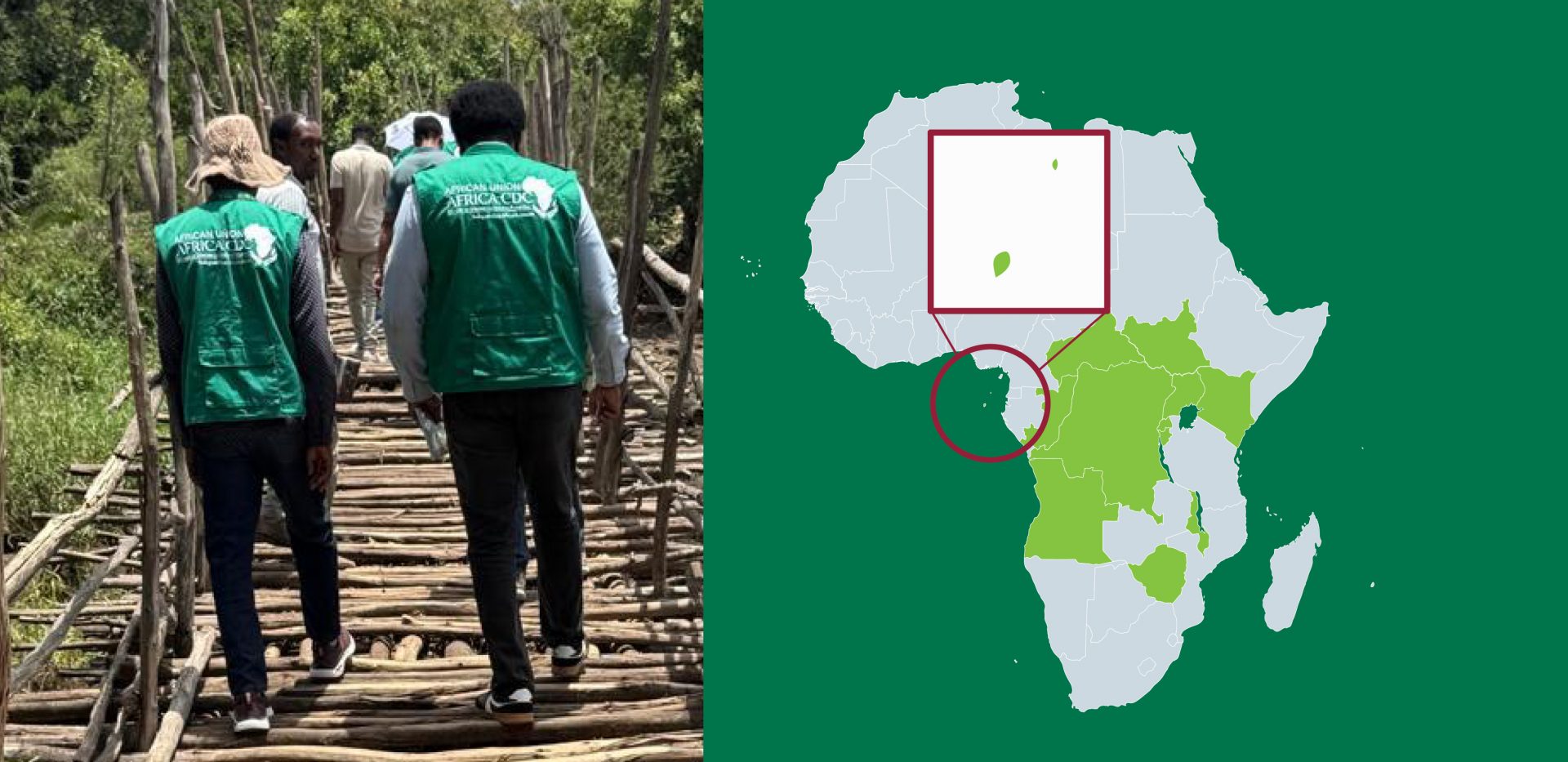Africa: Colonial-Era Borders Create Conflict in Africa's Oceans - How to Resolve Them - allAfrica.com
Africa has 38 coastal and island nations. Their maritime industries - including energy, tourism, maritime transport, shipping and fishing - play a crucial role in developing these nations.
Key to harnessing these resources are Africa's maritime boundaries - lines on a map showing the legal divisions of the ocean between neighbouring coastal states.
Some of these boundaries were created by colonial powers and kept after independence. Their purpose was to achieve territorial security and ensure the exclusive exploitation of resources and to maintain navigational freedom.
But Africa's maritime boundaries sometimes lead to conflict, prevent cooperation on resource management and create room for maritime crimes, like illegal fishing. This is because they are often contested. Countries have overlapping claims and varying interests in resource exploration. This is common in maritime areas rich in oil, gas and fisheries, and deep seabed resources.
In our recent paper we found that using international law to resolve maritime boundaries does not always bring peace, especially when it results in ceding the disputed area to one party. It can result in animosity between countries and breed room for continued distrust among peoples.
Today, Africa has the most unresolved maritime boundary disputes in the world and the lowest number of settled boundary disputes.
As more ocean resources are discovered, climate change may heighten disputes. Rising sea levels can gradually submerge maritime zones, potentially affecting the baselines from which these zones are measured. This could create uncertainty or trigger new conflicts.
In our paper, we suggest a collaborative approach to resolving maritime disputes. We hope that this will help prevent many African countries from missing out on the benefits of their oceans.
Disagreements over maritime boundaries can have many negative effects.
Research has shown that criminal activities tend to increase in disputed maritime boundaries. For instance, illegal fishers are aware that because there is dispute over a border, there will also be enforcement gaps.
Countries in dispute will also not work together and will not be sending patrols to contested areas. For instance, in 2016, a Chinese vessel escaped into Sierra Leone to avoid capture. When Guinean naval forces boarded the vessel for enforcement, there was an exchange of fire and 11 Guineans were detained by Sierra Leone.
When boundaries are disputed, it also means that local fishers are likely to encroach into neighbouring waters, often unknowingly, in search of better catches. Given the significance of fisheries to coastal livelihoods and the extent of depletion, this threatens peace and security. It fuels tension between communities and countries over access to dwindling resources.
Disagreements over maritime boundaries also diminish maritime security cooperation, complicate joint patrols, and divert attention from tackling shared threats such as piracy.
Unfortunately, resolving maritime boundary disputes is complicated by a principle in international law known as uti possidetis juris - "as you possess under law".
The principle says that when countries argue over borders, international law, built around colonial-era boundaries, is used to decide who gets what. This creates a "winner-takes-all" approach - one side gains control over the disputed area and resources. International courts, like the International Court of Justice and the International Tribunal for the Law of the Sea, follow the provisions of law reinforcing uti possidetis.
Our examination of maritime boundary disputes in west and central Africa found that the principle of uti possidetis juris had failed to alleviate maritime boundary tensions. In some cases, it has exacerbated them.
One example is a maritime dispute between Cameroon and Nigeria decided in 2002. The dispute was over who had control of Bakassi, an oil-rich region, and its maritime frontier.
The uti possidetis juris principle upheld the lines drawn at the time of Nigeria's independence and resulted in the ceding of Bakassi to Cameroon. The impact of the resolution lingers. To date, thousands of displaced Bakassi people that returned to Nigeria have yet to be resettled and reintegrated. Disputes also continue between fishers from Nigeria and Cameroonian law enforcement agents. In extreme cases, it results in death, like the alleged killing of 97 Nigerian fishers by Cameroonian marine police.
In our paper, we recommend that courts, tribunals or disputing countries consider joint management agreements to resolve maritime disputes. Under such agreements, countries share and manage disputed maritime resources.

Sign up for free AllAfrica Newsletters
Get the latest in African news delivered straight to your inbox
These agreements will allow for the joint management of shared resources. It will also encourage cooperation and collaboration in other areas, such as joint operations to combat illegal fishing and piracy. While international courts may apply uti possidetis juris as required by law, countries should be encouraged to negotiate special arrangements - such as joint development agreements - as part of the resolution process. Especially in cases where livelihoods and longstanding community ties risk being disrupted by unilateral decisions or the ceding of disputed areas to one party.
While not perfect, this approach has already improved cooperation on security and resource use at sea. It has worked in places like Nigeria, São Tomé and Príncipe, Senegal and Guinea-Bissau. Ghana and Côte d'Ivoire also have a joint management framework in place for their shared boundaries to avoid future disputes.
Prolonged boundary disputes only enable criminal actors to exploit Africa's resources, undermining collective progress. A shift towards collaborative solutions is essential for achieving a sustainable and prosperous future for the continent.
Ifesinachi Okafor-Yarwood, Lecturer in Sustainable Futures, University of St Andrews









